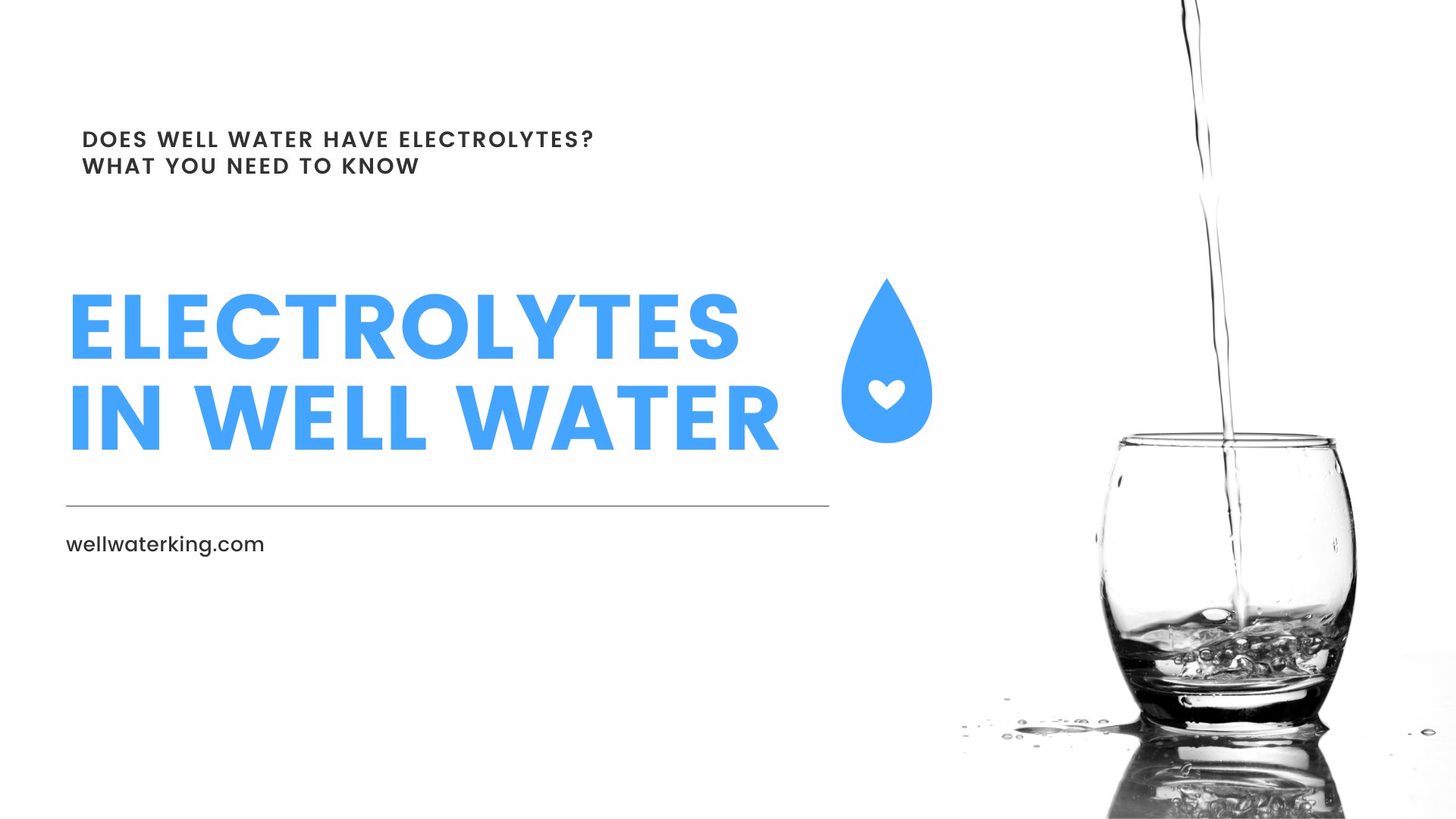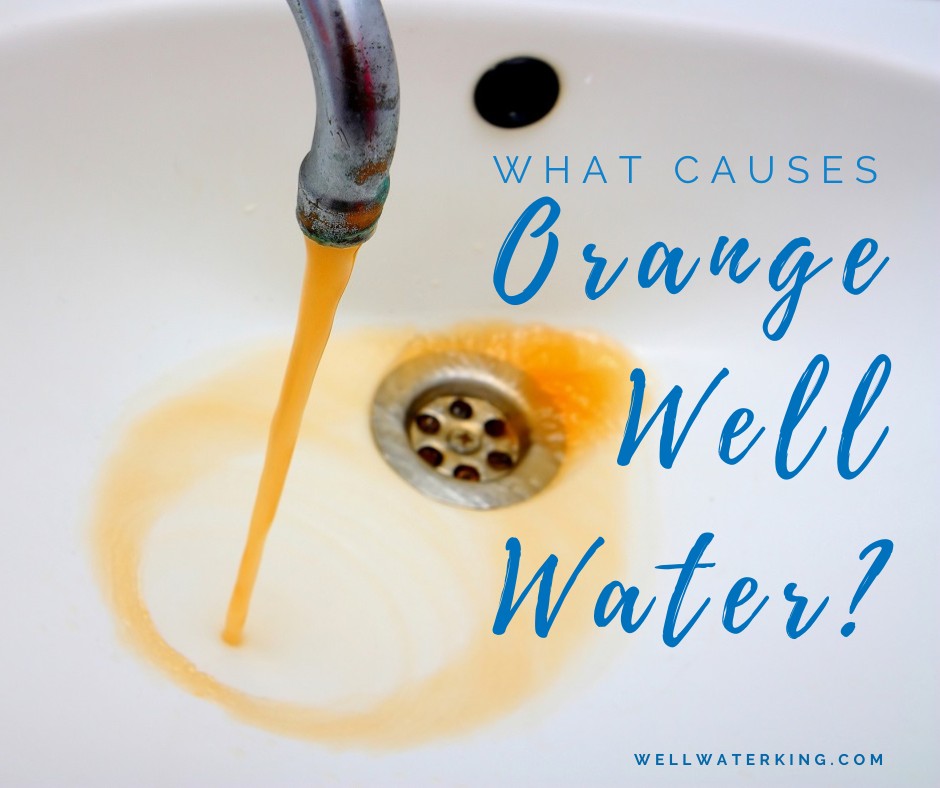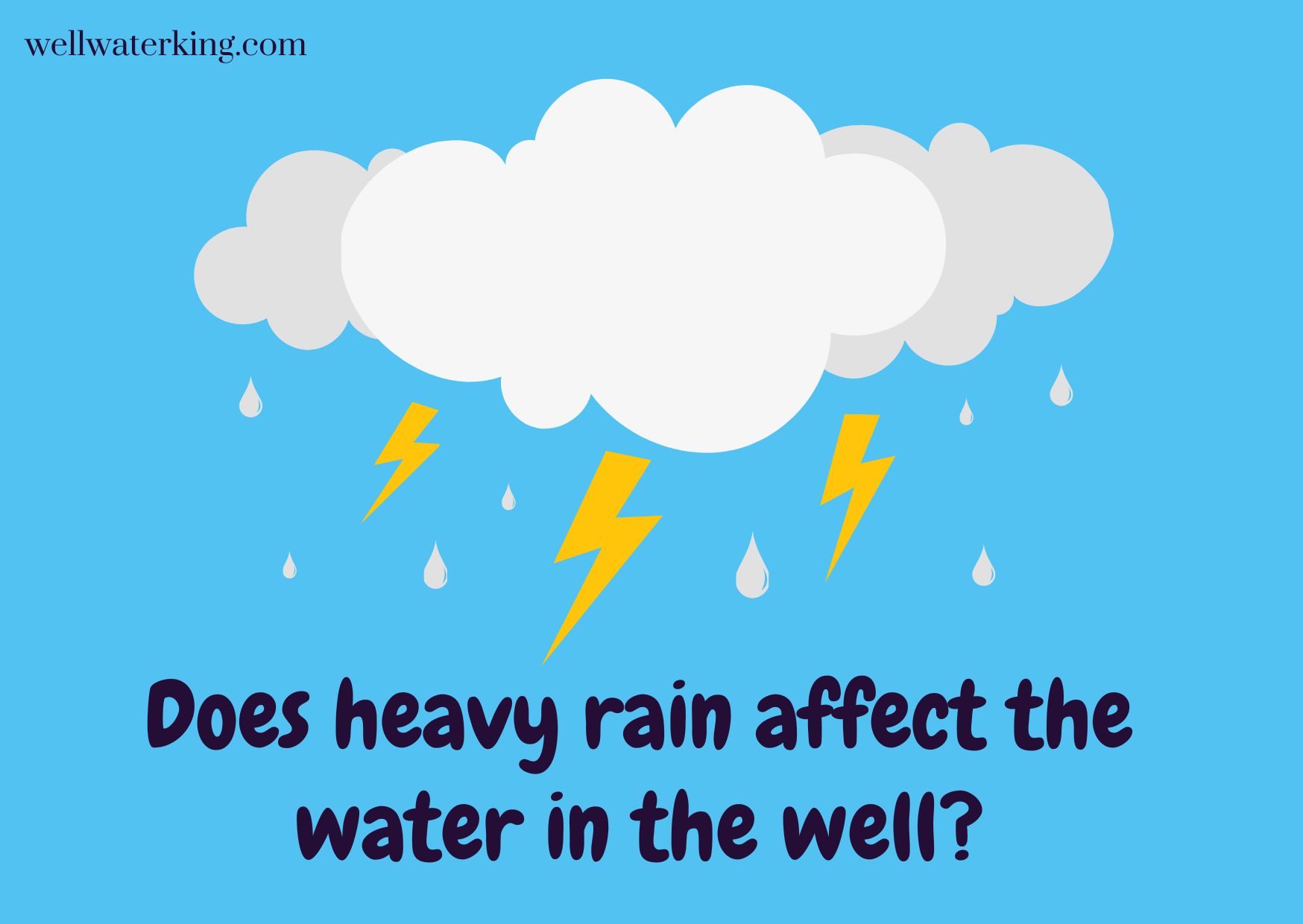Do you ever find yourself wondering about the content of the water you drink? If you’re drinking from a well, you might be curious if your water contains electrolytes. After all, we hear so much about the importance of electrolytes in our diet, especially for athletes and those who exercise regularly. The fact is, well water can be a natural source of electrolytes. But what are these electrolytes, and how do they get into our water?
Electrolytes are minerals that carry an electric charge when dissolved in water, playing a crucial role in many physiological processes, including maintaining proper fluid balance, transmitting nerve impulses, and regulating muscle contractions. As rainwater percolates through the soil and rock, it naturally dissolves minerals, some of which are essential electrolytes.
However, not all well water is created equal. Factors such as the composition of the soil and rock, rainfall, pollution, and the depth of the well can influence the presence of electrolytes in well water. In this blog post, we will delve into the fascinating world of electrolytes, exploring their types, functions, and the factors that determine their presence in well water. We’ll also discuss the benefits of having electrolytes in your water and how to maintain a healthy balance of electrolytes in your body. So, if you’re ready to quench your thirst for knowledge, read on!
Electrolytes in Well Water: What You Need to Know
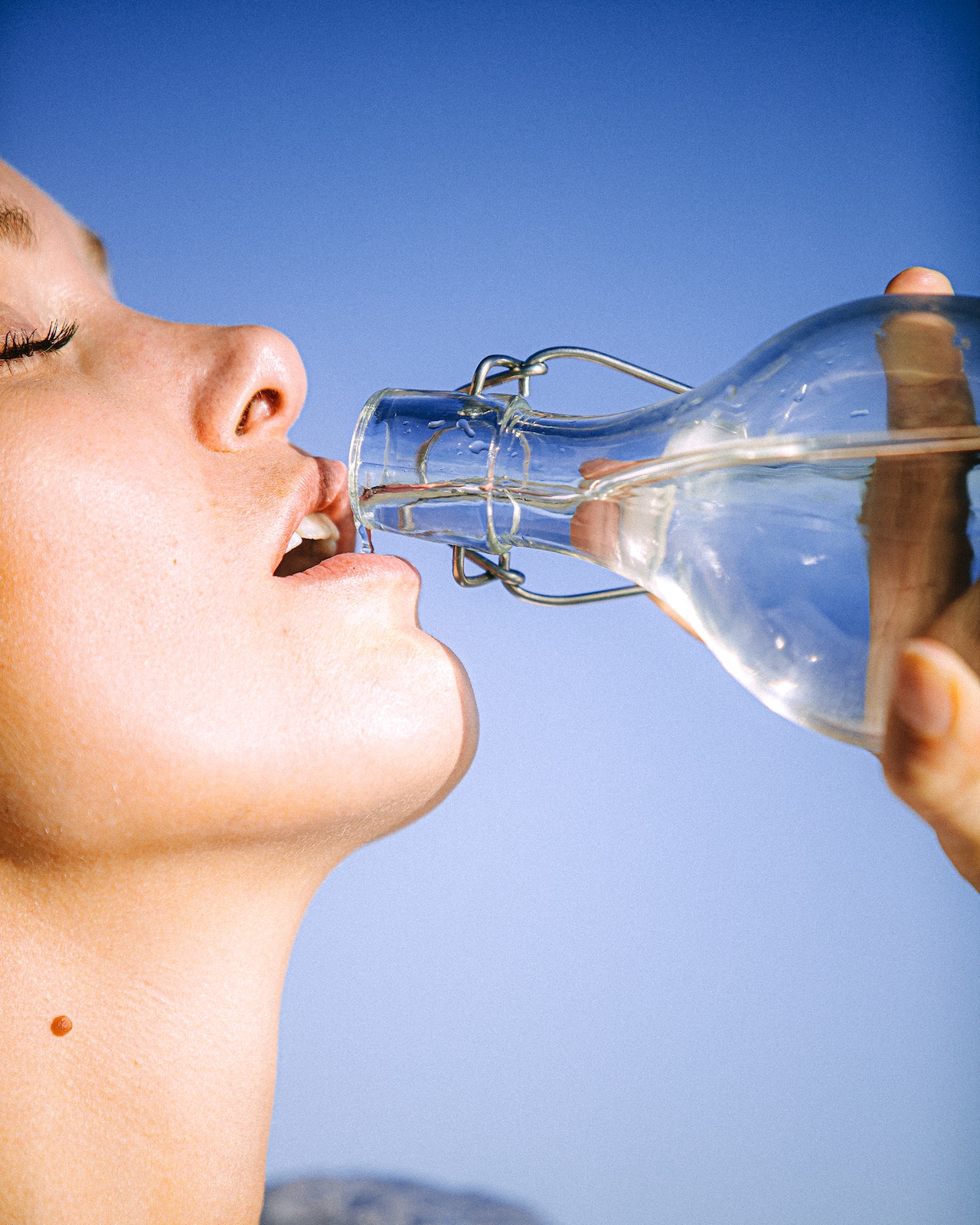
What are Electrolytes?
Electrolytes are minerals that carry an electric charge when dissolved in water. They play a crucial role in many bodily functions, including regulating muscle contractions, maintaining fluid balance, and balancing blood acidity. Electrolytes interact with cells in tissues, nerves, and muscles, and a balance of different electrolytes is essential for the body to function properly.
The most common electrolytes found in the human body include sodium, potassium, calcium, and bicarbonate. Each electrolyte has a specific function in the body, and an imbalance of electrolytes can cause various symptoms, such as muscle weakness, twitching, and heart rhythm disturbances.
Electrolytes in Well Water
Well water is often a good source of essential minerals and electrolytes because it comes directly from the earth and has not been treated like tap water. As rainwater seeps into the ground, it naturally picks up minerals like calcium, magnesium, and potassium, which are essential electrolytes for the body. However, the amount of electrolytes in well water can vary greatly depending on several factors.
How many electrolytes do you need?
| Electrolyte | Recommended Daily Intake for Adults | Function |
|---|---|---|
| Sodium | 1,500 to 2,300 mg | Important for fluid balance, muscle, and nerve function |
| Potassium | 4,700 mg | Critical for heart health and muscle function |
| Calcium | 1,000 to 1,200 mg | Essential for bone health and muscle contraction |
| Magnesium | 310 to 420 mg | Needed for bone development, muscle, and nerve function |
| Chloride | 2,300 mg or more | Helps balance fluids and transmit nerve impulses |
| Phosphorus | 700 mg | Aids in bone formation and kidney function |
| Sulfur | Amount varies based on diet | Found in proteins and necessary for enzyme formation |
Benefits of Electrolytes in Well Water
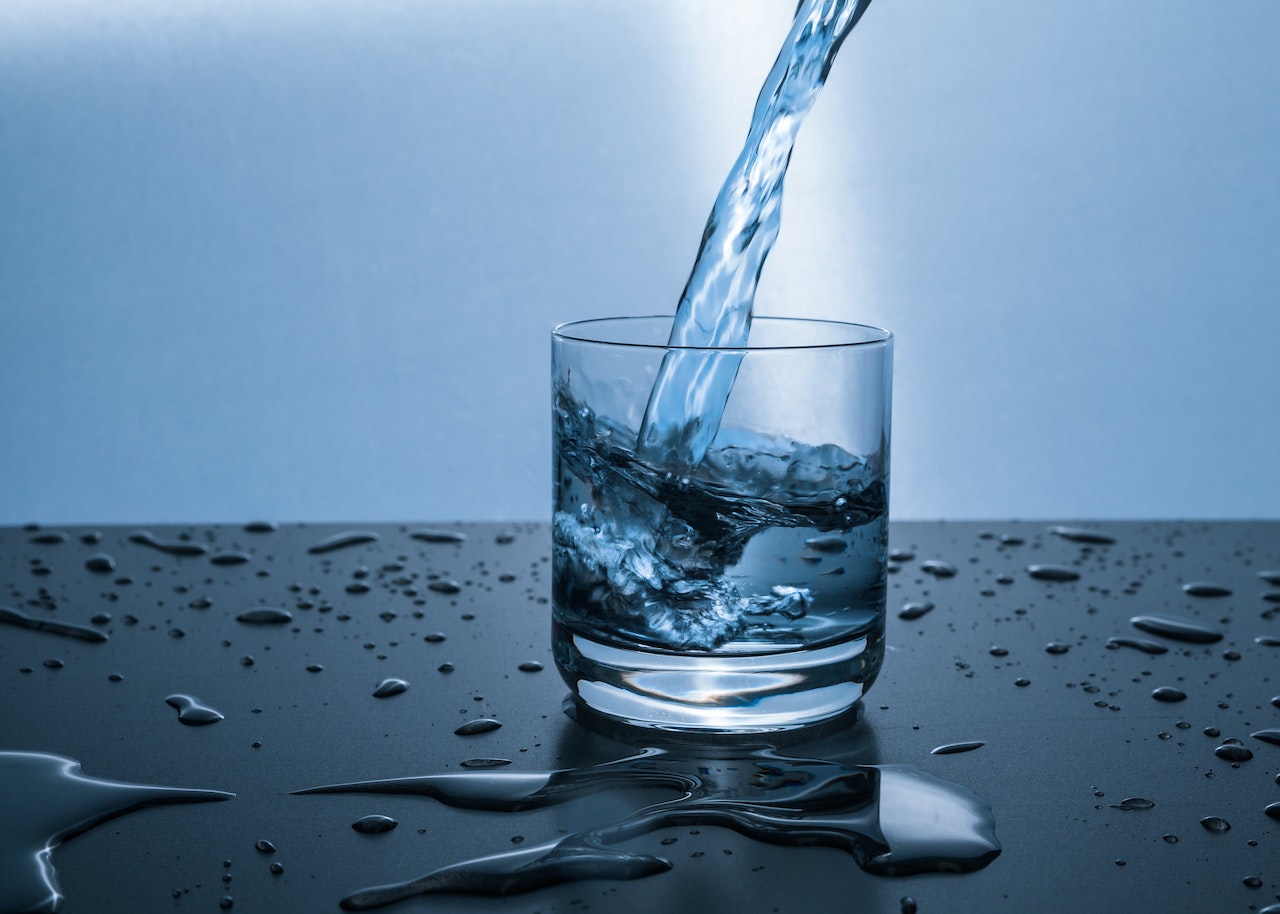
Electrolytes in well water can offer several real benefits. However, it’s essential to have a balanced intake of these minerals to reap their advantages:
- Improved Hydration: Electrolytes in well water can enhance hydration by helping your body retain fluids more effectively. This is particularly helpful during exercise or in hot weather when dehydration risks are higher. Proper hydration helps maintain healthy bodily functions, improves energy levels, and supports overall well-being.
- Enhanced Nerve Function: Electrolytes such as sodium and potassium are crucial for transmitting nerve impulses, allowing your nervous system to function correctly. Consuming well water with balanced electrolyte levels can support healthy nerve function, contributing to better communication between your brain and body.
- Support for Muscle Health: Electrolytes play a role in regulating muscle contractions and preventing muscle cramps. Calcium, potassium, and sodium help maintain proper muscle function, reducing the risk of muscle weakness, cramps, or spasms.
- Aid in Digestion: Chloride, an essential electrolyte, is a component of stomach acid, which aids in digestion and nutrient absorption. Drinking well water with an appropriate chloride level can support healthy digestion.
- Strong Bones and Teeth: Calcium, present in some well water, is vital for building and maintaining strong bones and teeth. Regular intake of calcium-rich water can contribute to bone health and reduce the risk of osteoporosis.
- Energy Production: Magnesium and phosphates are involved in energy production within cells. Drinking well water with these electrolytes can help support your body’s energy production, keeping you energized throughout the day.
- Maintenance of pH Balance: Electrolytes like bicarbonate help maintain a stable pH level in the body, preventing the blood from becoming too acidic or alkaline. Proper pH balance is essential for optimal cellular function and overall health.
Types of electrolytes commonly found in well water.
Electrolytes play an essential role in various physiological processes within the body. Here are some key electrolytes and their functions:
| Electrolyte | Symbol | Role in the Body |
|---|---|---|
| Sodium | Na+ | Sodium is essential for maintaining fluid balance in and around your cells, allowing them to function properly. It is also vital for transmitting nerve impulses and regulating muscle contractions. Sodium works in conjunction with potassium to maintain proper fluid balance. However, excessive sodium can lead to high blood pressure and other health issues. |
| Potassium | K+ | Potassium plays a crucial role in nerve signaling and muscle contractions. It is also important for maintaining fluid balance within cells and keeping a proper pH level. Potassium helps counteract the effects of sodium, helping to lower blood pressure. Potassium deficiency can lead to muscle cramps, irregular heartbeats, and fatigue. |
| Calcium | Ca2+ | Calcium is crucial for building and maintaining strong bones and teeth. Besides that, it plays a role in nerve signaling, blood clotting, and muscle contractions. Calcium supports the function of the heart, muscles, and nerves. Inadequate calcium intake can lead to weak bones, poor blood clotting, and muscle cramps. |
| Magnesium | Mg2+ | Magnesium is involved in hundreds of biochemical reactions in the body. It supports healthy muscle and nerve function, strengthens the immune system, and keeps the heartbeat steady. Magnesium also assists in regulating blood glucose levels and aids in the production of energy. |
| Chloride | Cl- | Chloride is essential for maintaining fluid balance in the body. It is also a component of stomach acid, aiding in the digestion and absorption of food. Chloride works closely with sodium and potassium to help maintain proper fluid balance, and an imbalance can lead to dehydration or fluid retention. |
| Bicarbonate | HCO3- | Bicarbonate acts as a buffer, helping to maintain the pH balance in the body and prevent the blood from becoming too acidic or alkaline. It also helps neutralize stomach acid, protecting the stomach lining and aiding in digestion. |
| Phosphate | PO43- | Phosphates are important for energy production, bone health, and the repair of cells and tissues. They play a role in the production of ATP (adenosine triphosphate), a molecule that stores and transports energy within cells. Phosphates also help in the formation of DNA and RNA, the body’s genetic material. |
It’s crucial to have a balanced intake of these electrolytes, as an imbalance can lead to various health issues. The body usually maintains electrolyte levels within a narrow range, but factors like dehydration, excessive sweating, certain medications, and certain health conditions can disrupt this balance. A balanced diet and proper hydration are essential for maintaining healthy electrolyte levels.
Factors that influence the presence of electrolytes in well water.
The presence of electrolytes in well water can be influenced by a variety of factors. Here are some key elements that can impact the electrolyte content of well water:
- Geology: The type of rock and soil that the well is drilled into can affect the mineral content of the water. For example, water that flows through limestone or dolomite can be high in calcium and magnesium, which are common electrolytes.
- Depth of the Well: The depth of the well can influence the electrolyte content of the water. Deeper wells are more likely to have higher mineral content due to increased contact with underground rocks. The longer the water is in contact with the rock, the more minerals it can dissolve.
- Climate: The climate in the area where the well is located can also affect the mineral content of the water. For example, areas with high rainfall may have lower mineral content in their well water due to dilution, while areas with low rainfall may have higher mineral content due to concentration.
- Human activity: Human activities, such as agriculture, industry, and urban development, can introduce contaminants into the groundwater. Fertilizers, pesticides, and industrial waste can contribute to the electrolyte levels in well water, impacting its quality.
- Water Movement: The flow and movement of water in underground aquifers can affect the electrolyte concentration. In areas with fast-moving water, there may be less time for minerals to dissolve, leading to lower electrolyte levels in well water. In contrast, slow-moving water may have more time to dissolve minerals, increasing the electrolyte content.
- Temperature: Temperature can also impact the solubility of minerals in water. In warmer temperatures, minerals tend to dissolve more easily, leading to higher electrolyte levels in well water.
- Water Acidity (pH Levels): The pH level of the water can influence the solubility of minerals. Acidic water (with a lower pH) can dissolve more minerals, increasing the electrolyte content in well water.
- Water treatment: Some water treatment methods, such as reverse osmosis or distillation, can remove electrolytes from well water. On the other hand, water softeners can add sodium to the water, which can affect the balance of electrolytes.
Methods for testing the electrolyte content in well water
- Home Test Kits: You can purchase home water testing kits from hardware stores or online retailers. These kits typically include est strips or tablets for assessing different water parameters, including some electrolytes like calcium and magnesium. Follow the instructions provided in the kit, and compare the results to the included color chart or guidelines to determine the electrolyte levels in your water.
- Laboratory testing: Laboratory testing is a more accurate and comprehensive method for testing the electrolyte content in well water. Samples of the well water can be sent to a certified laboratory for analysis. The laboratory can measure the concentration of different electrolytes, such as sodium, potassium, calcium, and magnesium, and provide a detailed report of the water quality. Labs use sophisticated equipment like ion chromatography.
- Electronic instruments: Electronic instruments, such as conductivity meters, can also be used to measure the electrolyte content in well water. These instruments measure the electrical conductivity of the water, which is directly related to the concentration of electrolytes.
- Taste: While not scientifically rigorous, tasting well water can provide a general sense of its mineral content. Water with a salty taste likely contains more sodium, while a bitter, metallic taste may indicate the presence of minerals like calcium or magnesium.
- Visual inspection: For example, if the water is hard, it may contain high levels of calcium and magnesium, which are common electrolytes. Cloudy, discolored or stained water could suggest high iron and manganese affecting electrolyte balance. However, appearance alone is not definitive.
Bottom Line
While traces of some metals like iron and manganese are considered contaminants, the electrolytes naturally present in groundwater can actually be beneficial. As we’ve discussed, electrolytes like calcium, magnesium, sodium, potassium, and chloride play vital roles in nerve signaling, muscle function, pH, hydration, bone health, immunity, and more.
The specific amounts and types of electrolytes in your well water depend on several factors including the surrounding soil composition and geology. Testing your well water annually using both professional lab analysis and home kits can help you monitor your electrolyte sources and balance.
In moderation, the electrolytes in untreated well water can be an asset, providing a healthy daily dose of essential minerals. But care should be taken not to over-consume certain electrolytes like sodium when relying on well water. With a balanced diet, proper hydration, and smart electrolyte replenishment after exercise, your body can thrive with the help of nature’s electrolytes straight from your own groundwater supply.

